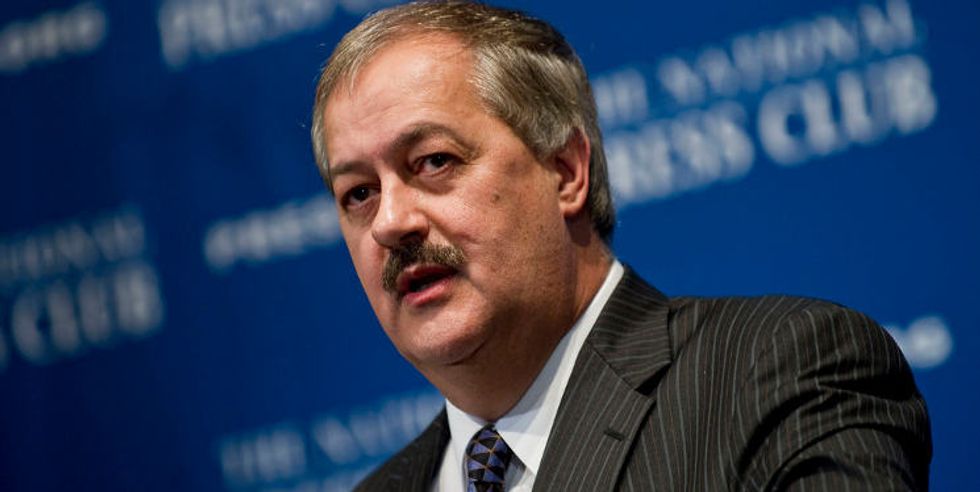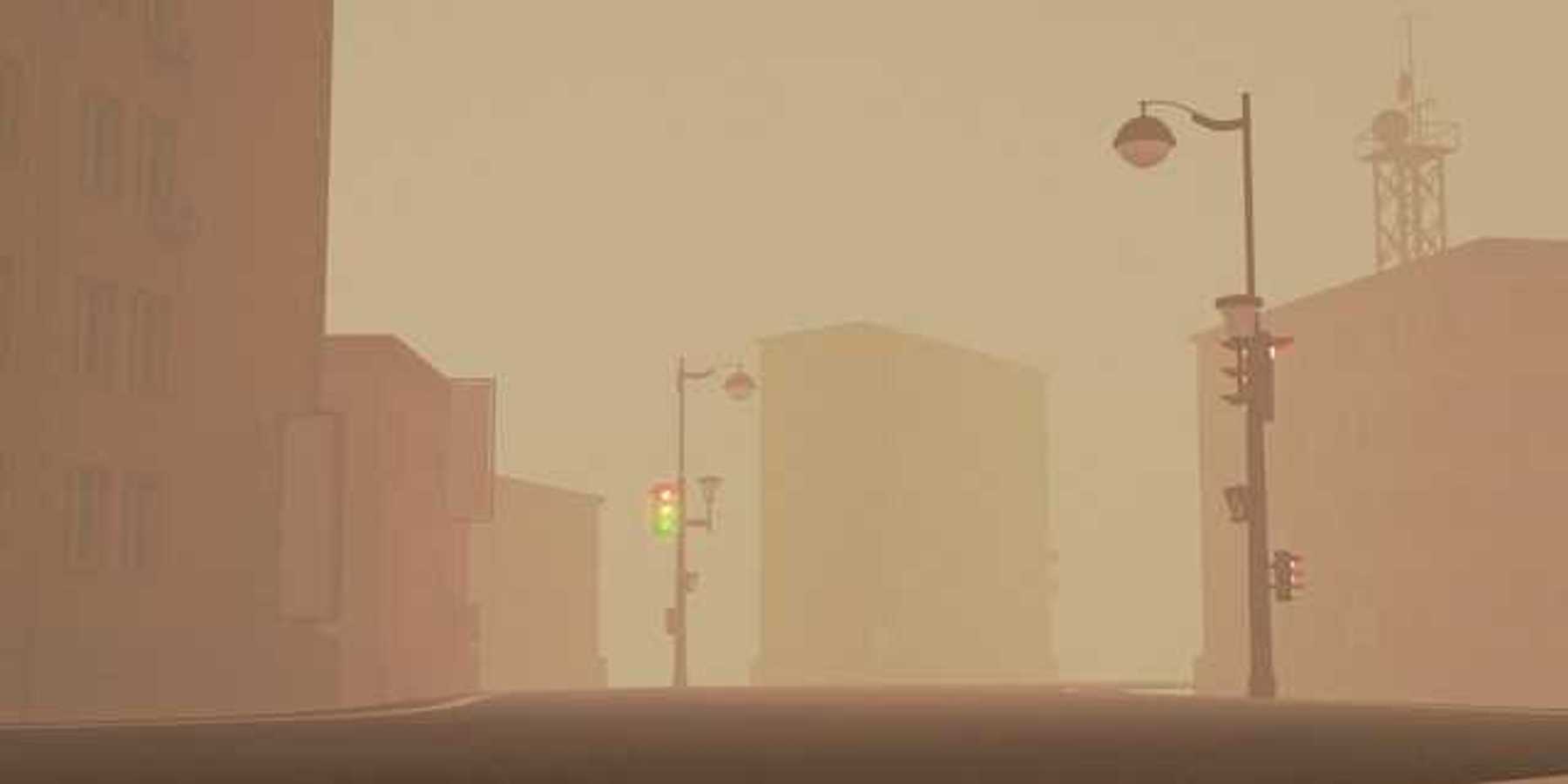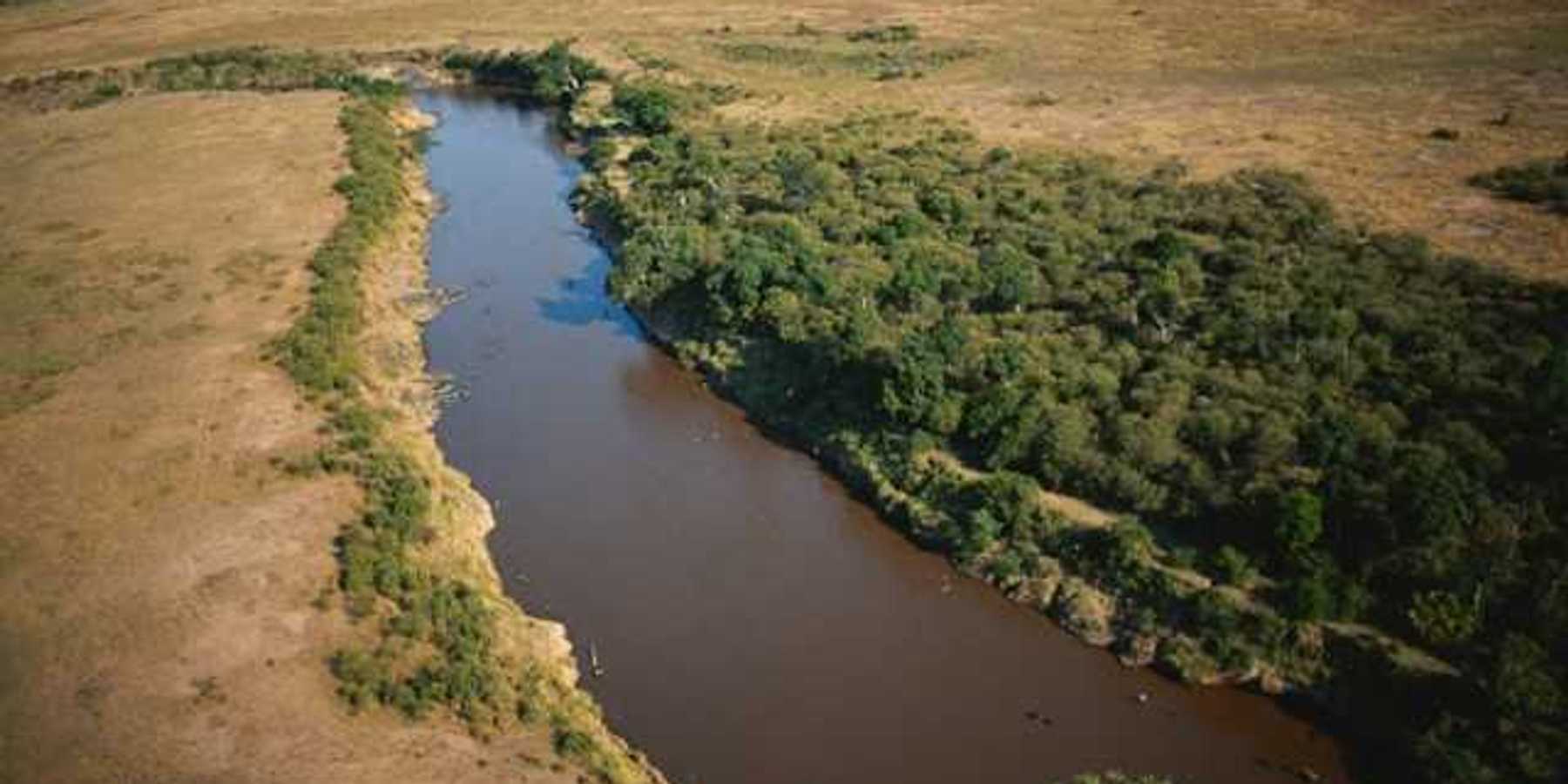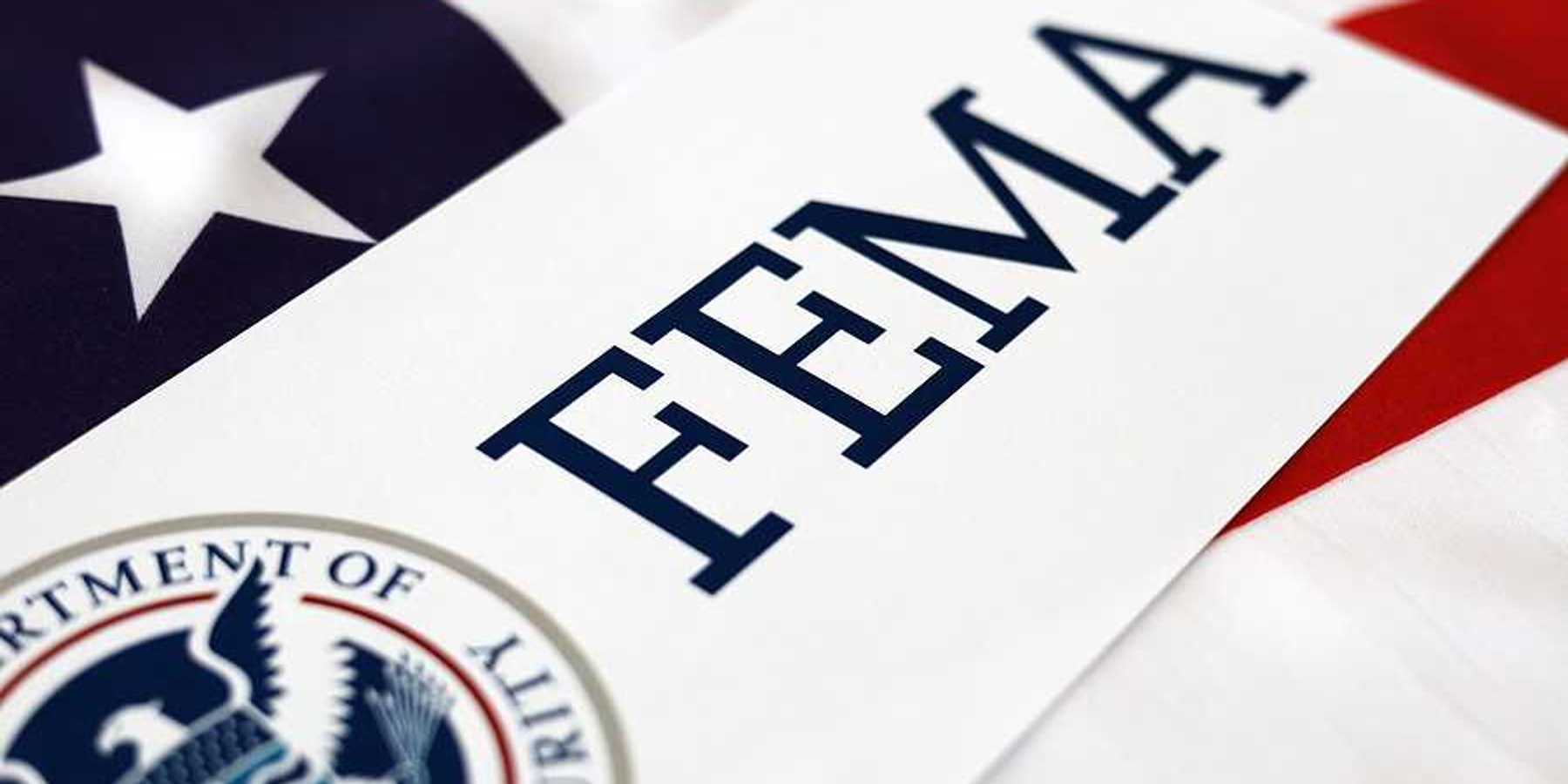
Weekend Reader for Sunday, Dec. 3
Top news and notes for your weekend reading
Oysters, horse-trading the environment for tax bill votes, and much more.
According to the Washington rumor mill, the long-anticipated departure of Secretary of State Rex Tillerson may be at hand. The cruel irony for environmental advocates is that they may long for the day when the ExxonMobil lifer and former CEO was in charge at state.
His potential replacement is CIA Director Mike Pompeo. Tillerson was a voice of relative moderation in the Trump cabinet, though his push to keep the U.S. in the Paris climate accord failed.
In his three-term congressional career, Pompeo earned a 4 percent rating from the League of Conservation Voters. He has close ties to enviros' worst nemeses, the Koch Brothers, and his Wichita, Kansas, district means he was literally the Kochs' congressman.
A clever piece from Angus McCrone, chief editor of Bloomberg New Energy Finance, muses "If only I were a climate and clean energy skeptic. Then I could stop wasting time worrying about the planet." Then he demolishes the most common climate denial memes.
Check out other weekend newspaper editorials on the pesticide chlorpyrifos and pipelines, among others (below).
And from our friends at Living On Earth, a new kind of divided Congress: An interview with the co-founder of the House Climate Solutions Caucus, whose 62 members are equally divided between Republicans and Democrats.
Top Weekend News
The Senate has passed its tax reform bill over criticism that most Americans will lose ground. So might the Alaskan environment: Alaska Senator Lisa Murkowski was a late convert to the bill when she attached a rider clearing the way for oil and gas drilling in the Arctic National Wildlife Refuge. And a piece in the Atlantic mulls how native villages could thrive or suffer if drilling is increased.
Ironic, since other reports show Arctic ice off the Alaskan coast at record early winter lows.
A nice piece for Sunday brunch: Mobile Bay Magazine on oyster farmers and their need for clean, fresh water. Alabama, Georgia, and Florida have been battling for 20 years about water use.
This Week In Trump

From Mashable's Andrew Freedman: The pick for top science advisor sticks out like a sore thumb among other Trump nominees -- he thinks global warming isn't a hoax.
And EPA's program to assess chemical risks is facing the budget chopping block.
EPA dropped an Obama-era rule requiring mining companies to prove that they have the financial means to clean up after themselves.
As if to prove that a lack of self-awareness is a political asset, convicted coal baron Don Blankenship is spending money on a campaign to get elected West Virginia's next U.S. Senator.
Opinions and Editorials
- Writing in Rolling Stone, Bill McKibben says winning slowly on climate change is the same as losing.
- A Florida op-ed praises Miami's rising to the occasion on sea level rise; and an editorial calls for Florida to regard clean air and water as a right, not a privilege.
Good News
Generally, we're not the place to come for good news, but we're more than happy to share it when it comes around.
We thought we'd revisit this piece from summer on the promise of satellite technology to help monitor illegal logging, mining, and poaching, as well as offering more reliable data on some wildlife populations and behavior. Richard Conniff's piece for Yale Environment 360 is hopeful, and doesn't even get into the role of satellite monitoring of pirate fishing.
Deniers' Corner
If climate denial were an Olympic event, James Delingpole would be a gold medal contender. But alas, he'll have to settle for a denial merit badge for his linking climate concern to the Nazis. Shameless.













